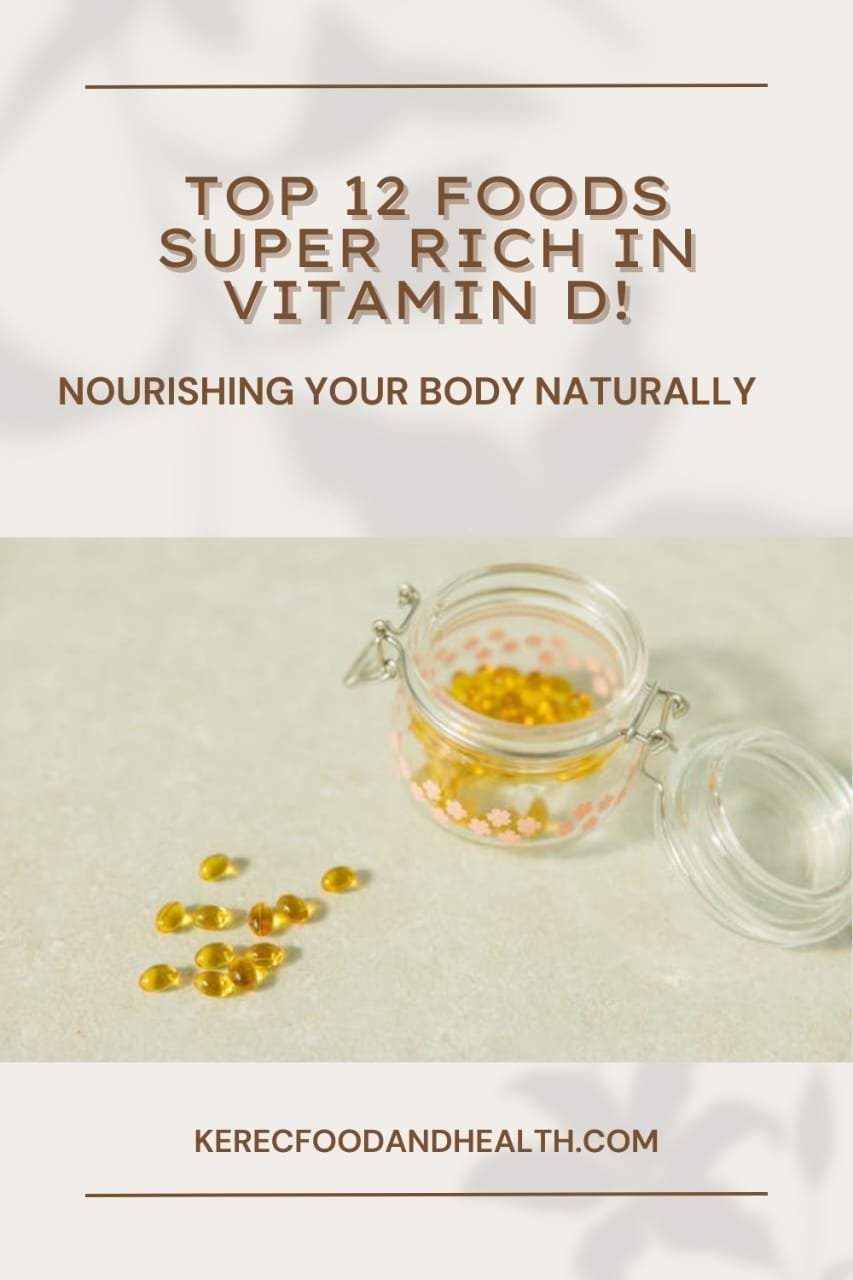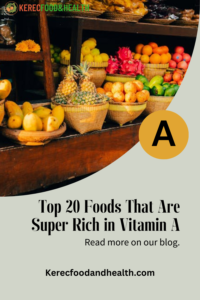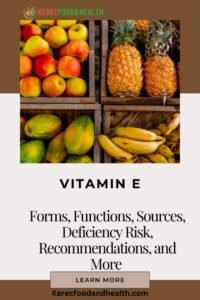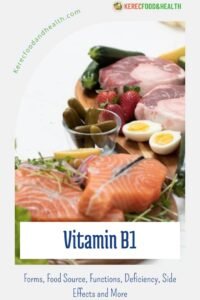Discover the top 12 vitamin D-rich foods that can naturally boost your health. Nourish your body and strengthen your immune system with these delicious and nutritious options. From fatty fish to fortified foods, find out which foods are packed with this essential vitamin.
Vitamin D, also known as the sunshine vitamin, plays a crucial role in maintaining optimal health, and yet, it’s estimated that a significant portion of the population worldwide suffers from vitamin D deficiency.
This essential nutrient helps regulate calcium and phosphorus absorption, supports bone health, maintains strong bones and muscles, strengthens the immune system, and promotes overall well-being. While our bodies can produce vitamin D when exposed to sunlight, many of us do not get enough of it due to factors such as indoor lifestyles, sunscreen use, and living in areas with limited sunlight.
Therefore, it is important to ensure that we are getting enough vitamin D through our diet. In this blog post, we will explore some of the top foods rich in vitamin D that can help you meet your daily needs.
Top 12 Foods Rich in Vitamin D: Nourish Your Body Naturally
1. Cod Liver Oil
Cod liver oil is a supplement made from the liver of codfish. It has been used for generations to promote good health. It is an excellent source of not only vitamin D but also vitamin A and omega-3 fatty acids. However, it’s important to consume cod liver oil in moderation due to its high vitamin A content.
Just one teaspoon of cod liver oil contains 1,360 IU of vitamin D, which can provide up to 130% of your daily recommended intake of vitamin D.
2. Fatty Fish
Fatty fish such as salmon, tuna, mackerel, and sardines are not only delicious but also excellent sources of vitamin D. These fish are also rich in omega-3 fatty acids, which have numerous health benefits including reducing inflammation and promoting heart health. Regularly incorporating fatty fish into your diet can help boost your vitamin D levels.
Just 3.5 ounces of cooked salmon contains around 400-600 International Units (IU) of vitamin D, which can provide you with over 100% of your daily recommended intake of vitamin D.
3. Beef Liver
Beef liver is a nutrient-dense food that is packed with vitamins and minerals, including vitamin D.
A 3-ounce serving of cooked beef liver can provide over 50% of your daily recommended intake of vitamin D.
4. Fortified Dairy Products
Many dairy products, including milk, yogurt, and cheese, are frequently fortified with vitamin D. This means that the vitamin is added during the manufacturing process to increase its nutritional value. With this enhancement, they become an effective means of increasing your intake while enjoying a tasty and nutritious snack. Furthermore, dairy products are rich in calcium, which promotes strong bones and teeth.
One cup of fortified milk can provide up to 20% of your daily recommended intake of vitamin D.
5. Tofu
Tofu, a popular plant-based protein source, is also a good source of vitamin D.
Some brands of tofu are fortified with vitamin D, providing about 20% of your daily recommended intake per serving.
6. Fortified Cereals
Many breakfast cereals are now enriched with vitamin D, making them an easy and convenient way to incorporate this essential nutrient into your diet. Always check the label to ensure you choose a fortified option with minimal added sugars and other undesirable ingredients.
On average, fortified cereals typically contain around 10-20% of the recommended daily intake of vitamin D per serving. It’s essential to check the nutrition label on the cereal box for specific information about the vitamin D content.
7. Mushrooms
Mushrooms are unique as they are one of the few plant-based sources of vitamin D. When exposed to sunlight or ultraviolet (UV) light during processing, mushrooms have the ability to synthesize vitamin D. However, the amount of vitamin D produced by mushrooms can vary depending on the type and amount of exposure to sunlight. Typically, wild mushrooms are the best source, with shiitake and maitake mushrooms being particularly high in vitamin D. Including mushrooms in your diet as a side dish or as part of various recipes can contribute to your vitamin D intake.
Portobello mushrooms, in particular, are a good source of vitamin D, providing about 10% of your daily recommended intake in just one cup.
8. Egg Yolks
Eggs are a versatile and nutrient-rich food, and while the majority of protein and vitamins are found in the egg white, the yolk is where you’ll find the vitamin D. Incorporating eggs into your diet can be an easy and affordable way to increase your vitamin D intake.
One large egg yolk provides around 10% of your daily recommended intake of vitamin D.
10. Salmon
First and foremost, salmon is one of the most concentrated sources of vitamin D, especially wild-caught varieties. Wild salmon often contains more vitamin D than farm-raised salmon, making it a top choice for meeting your daily needs. Including salmon in your meals not only provides vitamin D but also adds omega-3 fatty acids, known for heart health benefits. Whether you enjoy it grilled, baked, or smoked, salmon is a versatile, nutrient-packed option.
Wild-caught salmon offers around 988 IU of vitamin D per 3.5-ounce serving, meeting 164% of the daily intake, while farm-raised salmon provides about 250 IU, covering 42% of the RDI.
11. Mackerel
Next on our list is mackerel, another fatty fish brimming with vitamin D and healthy fats. This budget-friendly option is a staple in many cuisines and can be enjoyed fresh, canned, or even smoked. Mackerel provides significant vitamin D levels and brings a distinct flavor, making it a great choice for variety in your diet.
Wild-caught mackerel provides approximately 643 IU of vitamin D per 3.5-ounce (100-gram) serving, covering about 107% of the recommended daily intake for most adults. While, farm-raised mackerel has roughly 16 IU per 3.5-ounce serving, meeting only about 2.7% of the RDI.
12. Fortified Foods
In addition to natural sources, many foods like plant-based milks, and orange juice are fortified with vitamin D. Fortified foods are particularly helpful if you’re vegan or vegetarian, as they ensure consistent vitamin D intake. Check product labels to find fortified options that best suit your needs.
Fortified orange juice provides approximately 100 IU (2.5 mcg) per cup, meeting about 17% of the RDI.
Fortified almond, soy, or oat milk contains around 100-120 IU (2.53 mcg) of vitamin D per cup, covering roughly 17-20% of the recommended daily intake for most adults.
Conclusion
Vitamin D deficiency can have far-reaching consequences on our health, including weakened bones, compromised immune system, and increased risk of chronic diseases. Fortunately, integrating vitamin D-rich foods into your diet can help combat these issues. Fatty fish, fortified dairy products, egg yolks, mushrooms, and fortified cereals are just a few examples of delicious and accessible sources of vitamin D. So why wait? Start making these foods a regular part of your meal plans and reap the benefits of ample vitamin D intake, supporting your overall health and well-being.
Incorporating Vitamin D-Rich Foods into Your Diet
Incorporating these foods into your diet not only supports vitamin D intake but also provides a range of other essential nutrients. Whether you prefer seafood, mushrooms, or fortified foods, there are plenty of delicious, accessible ways to increase your vitamin D levels and support overall health. Combine these food sources with regular sun exposure, and you will be well on your way to achieving optimal vitamin D levels naturally.
Final Thoughts
With so many delicious options to choose from, reaching your daily vitamin D goals can be both tasty and simple. A balanced diet that includes vitamin D-rich foods helps support your immune system, protect your bones, and even improve mood.






Pingback: Why Apricot are Perfect for Weight Loss